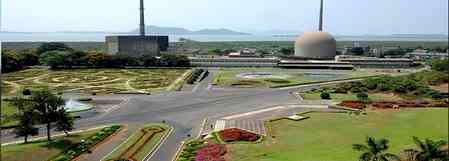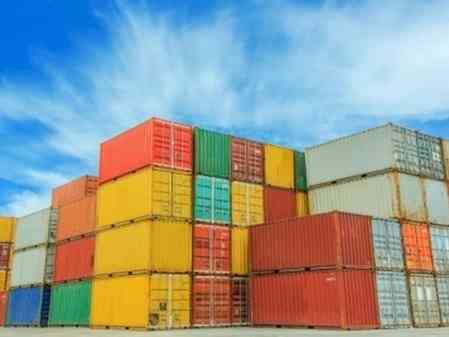Vedanta Aluminium unveils ‘Accelerating to Net Zero’, its Sustainable Development Report for FY2022
Also launches its maiden report on climate change, aligned to Taskforce for Climate-related Financial Disclosures (TCFD), on National Energy Conservation Day

New Delhi, December 13, 2022: Vedanta Aluminium, India’s largest producer of aluminium, unveils its Sustainable Development (SD) Report for FY 2021-22, titled ‘Accelerating to Net Zero’, on National Energy Conservation Day. The report encapsulates the company’s performance across key dimensions of sustainability, such as economic performance, supply chain management, climate change & energy management, air quality & emissions control, water management, biodiversity management, waste to wealth, safety, health & wellbeing, people excellence, community welfare, etc.
Vedanta Aluminium has also launched its maiden report on climate change, titled ‘Road to Net Zero Carbon’, aligned to the Taskforce for Climate-related Financial Disclosures or the TCFD framework. Through the report, the company aims to inform its stakeholders about business-related opportunities, climate management strategies, commitment and performance, in the context of climate change.
Launching the reports, Rahul Sharma, CEO – Aluminium Business, Vedanta Ltd. said, “We are pleased to launch the Sustainable Development Report and TCFD Report of Vedanta Aluminium for FY 2021-22, both of which highlight the progress in our climate action endeavours. We are on a mission to align incentives of growth with imperatives for the planet. Our determination to build a Net Zero climate-resilient aluminium business is equally matched by our commitment to improve the quality of lives of those around us, with the knowledge that both are contingent on the environment. And therefore, we have redesigned our ESG (Environmental, Social & Governance) roadmap with 2030 and 2050 milestone targets, with a focus on increasing renewable energy consumption, carbon reduction, water conservation and waste utilization.”



 City Air News
City Air News 










